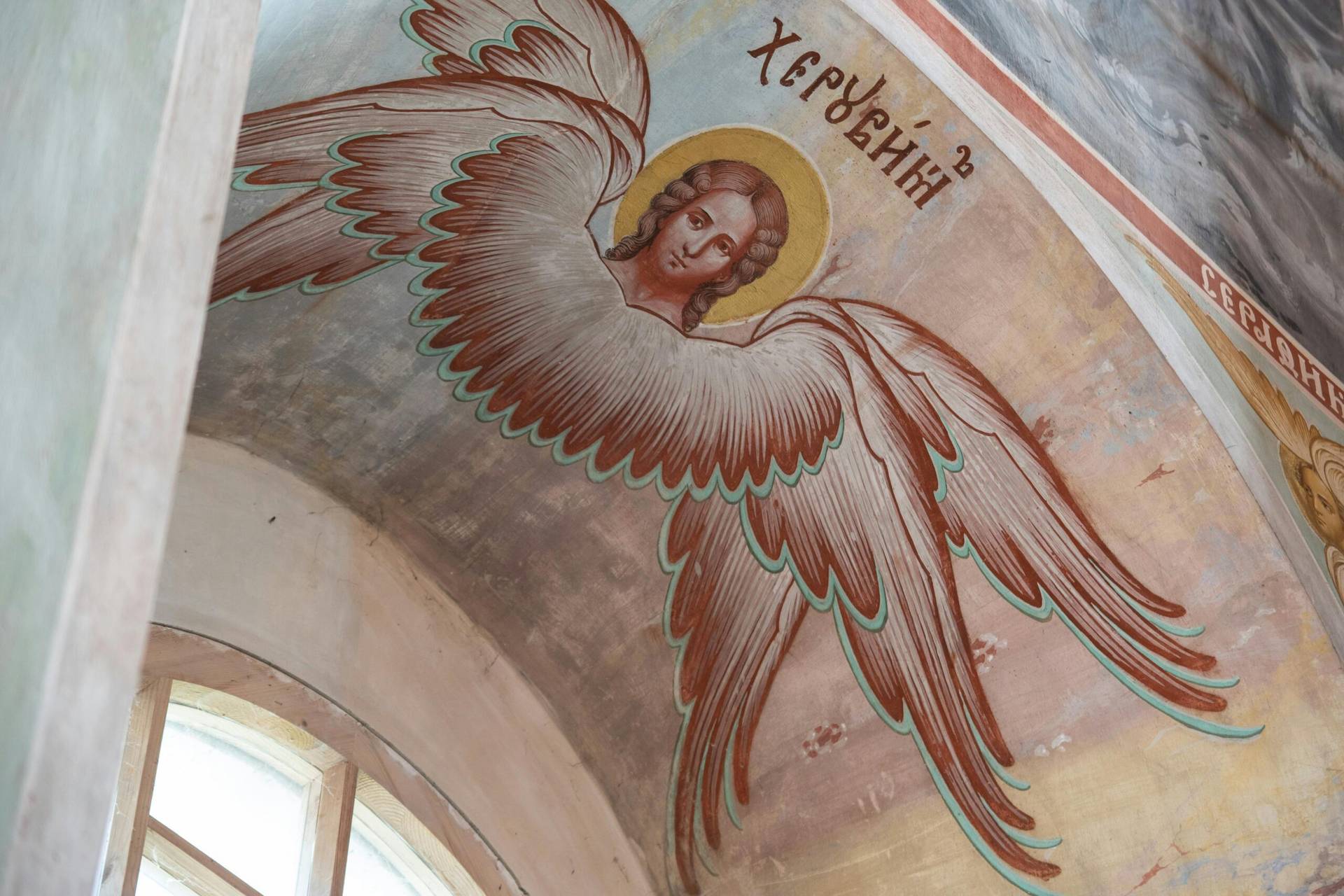The past few days were marked by intercession and remembrance. The feasts of All Saints and All Souls provided Christian believers with the opportunity to offer supplication to the holy ones in heaven and to pray for the souls in purgation. The two holy days were a time of hope on one hand, but sorrow on the other. And yet, they are twins of a single truth.
What is the belief that unites these two diverse feast days?
The answer to such a question is simple, namely, the resurrection of the Lord Jesus. The resurrection is the foundation of both holy days. The Christian knowledge of the Lord’s rising from the dead is the basis of these liturgical observances. By rising from the dead, the Lord Jesus showed us eternity. He revealed the path to everlasting life and offers to shepherd us into its joys and tranquility.
In his resurrection, Jesus Christ destroyed the kingdom of sin and death. In the total Christ, we have both the Head and the Body. By baptism, every Christian becomes a member of the Body of Christ. Such an assertion is not poetry. Every baptized Christian is truly a member of the Body of Christ, just as an arm or leg is a member of a body.
As such, every Christian is united to every other Christian in Jesus Christ. This communion is a communion of the baptized. By baptism, we are already – but not yet – holy. This holiness, or saintliness, provides the language for the theological term, “communion of saints.” The term designates the reality that all baptized Christians are united to one another in Jesus Christ.
Since Jesus Christ is risen from the dead, so is his body. So are we. This means that the communion among the holy ones, the saints, is not destroyed or interrupted by death. As Saint Paul would cry out, “O death, where is your sting?” Every baptized Christian, therefore, is a son or daughter of the resurrection. Every baptized Christian is a member of the Body of Christ and, therefore, every baptized Christian is a member of the communion of saints.
As a believer might ask, or be asked, to pray for someone in this life, so a similar request can be made, or offered, to those who have died and now share (or will share) in the glory of the resurrection.
As a help in understanding this reality, we should dive into the teachings of the Lord Jesus. When the Lord was challenged by Sadducees during his public ministry about the resurrection of the dead, he appealed to the time of Moses and responded: “But in the account of the bush, even Moses showed that the dead rise, for he calls the Lord ‘the God of Abraham, and the God of Isaac, and the God of Jacob.’ He is not the God of the dead, but of the living, for to him all are alive.”
In addition, in one of the Lord’s rebukes to the Pharisees, he gives the Parable of the Rich Man and Lazarus. In the story, we see a dynamic conversation among the different groups in eternity. The rich man sees the poor man, Lazarus, in “the bosom of Abraham.” He talks with “father Abraham” and asks for favors. Although the requests are declined, the conversation is happening. And it seems like there’s a lot going on in the afterlife!
It’s obvious that the Lord Jesus was preparing his disciples for his resurrection. And when he rose, he sought to share all the glory and splendor of that everlasting victory with his followers. This inheritance has been shared with generation upon generation of Christian believers who have been prepared and welcomed into the “bosom of Abraham.” This entrance into eternal life is so profound, that some license is permitted, and we could just as well hear God describe himself as “the God of Peter, the God of Paul, and the God of Andrew.”
Or, perhaps, in a more contemporary perspective, “the God of Faustina, the God of Pio, and the God of Josephine Bakhita.” Or, making things really personal, “the God of my Grandmother Peggy, the God of my Aunt Dottie, and the God of my Uncle Bobby.”
Each of these formulas are given to emphasize the consistency of life, even beyond death in this world. The resurrection of Jesus Christ is the linchpin of it all. It is the means by which we enter eternity, and the source of our communion in this life and beyond.
The feasts of All Saints and All Souls display the resurrection of Jesus Christ. They show the beauty and the blessed benefits of the Lord’s triumph over death and the glory that he has shared with his disciples.
















